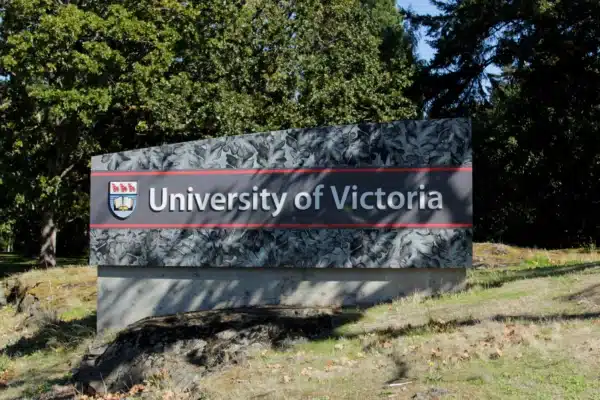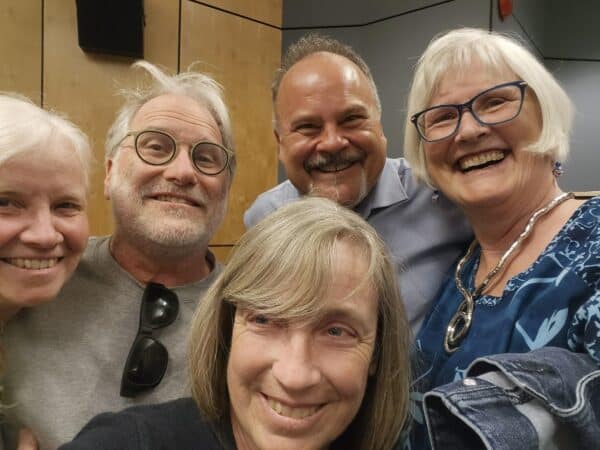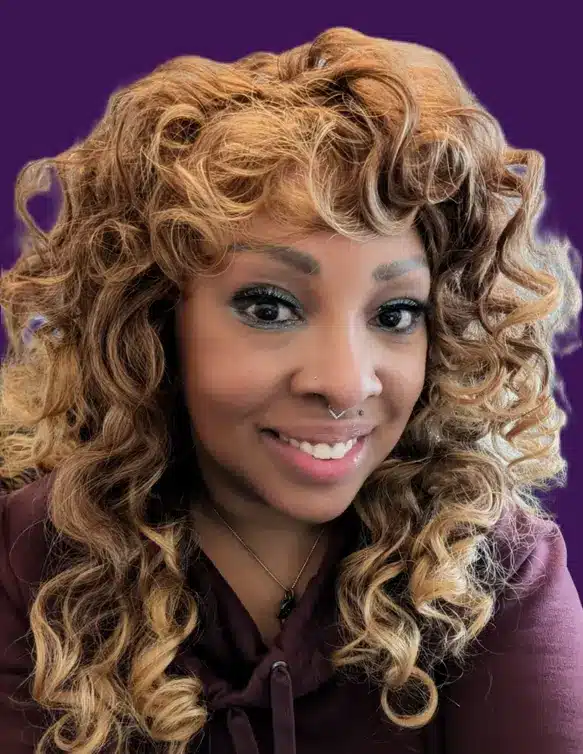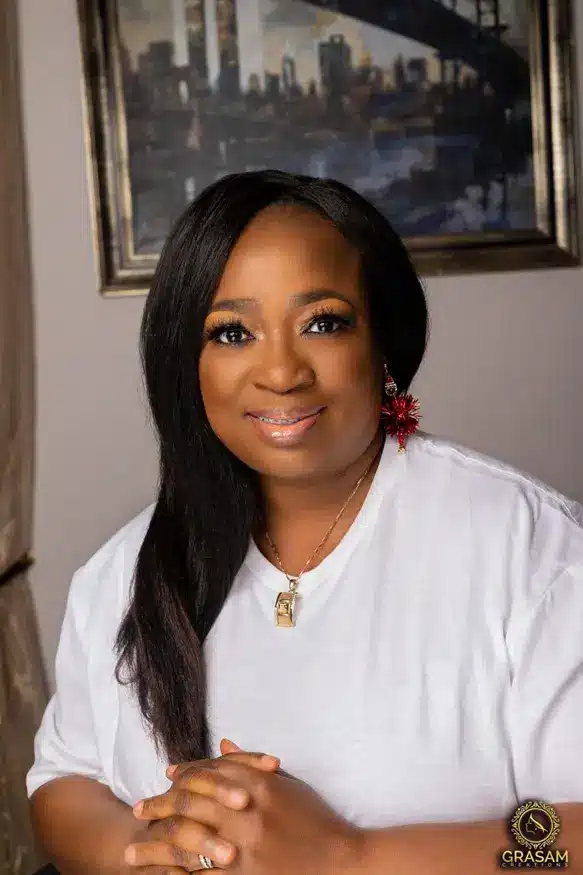By: Dawn Elston – Life and Death Matters
Featured Photo: Drs Leah Norgrove, Ambrose Marsh, Fraser Black, and Kath Murray and Coby Tschanz

This year’s European Association of Palliative Care 4th International Research Seminar was held at the University of Victoria! The seminar focused on “Innovating Care: Research and Action for Public Health and Palliative Care”. For context, in 2014, the World Health Organization (WHO) asked countries to include palliative care in their health systems. They stressed the importance of reaching people who are often left out and making sure everyone has fair access to care. Their model of palliative care encourages:
- A public health approach
- Involving the community
- Paying attention to social factors like income, housing, and education
- Offering care that is culturally safe
Social Factors and Health Equity
Many presentations showed how social factors, also called social determinants of health (SDOH), affect people’s ability to get care. Things like low income, poor housing, and lack of education can cause health problems and make it hard to get palliative care.
How Social Factors Affect Vulnerable Groups
Some sessions focused on how social issues—like homelessness—lead to poor health and being excluded from society. Mental illness, substance use, and leaving institutional care e.g., foster care can increase the risk of becoming homeless.
Dr. Josh Black’s study, Understanding Bereavement in the Context of Homelessness, found that grief and bereavement can lead to homelessness. People who are grieving and don’t have housing often can’t get the help they need. Many grief support services require people to be sober, ignoring that grief and substance use are often connected. This shows how grief can make health inequities worse for people already facing challenges.
Refugees and Palliative Care
Dr. Priya Gupta presented Providing Palliative Care Navigation to Refugee Claimants in Ontario. She talked about the problems refugees face in getting healthcare, including:
- Fear of being a burden
- Lack of interpretation services
- Difficulty understanding and using the healthcare system
These barriers often delay diagnosis, treatment, and palliative care. The federal health program that helps refugees is hard to understand and use, especially for doctors trying to organize home care. Because of this, many refugees die in hospitals, not in the place they would choose.
Pain Management and Opioid Use
Three powerful presentations (“Equitable Approaches to Palliative Pain Management in Structural Vulnerability”, Dr. Samara Mayer; “Experiences of Stigma and Opioid Prescribing for People with Opioid Use Disorder (OUD) Requiring Palliative Care”, Dr. Lisa Boucher; “Do Patients Who Die of Opioid Toxicity Receive Palliative Care?”, Dr. Jenny Lau) looked at opiates for pain management in those people who face the greatest barriers, like Indigenous people, those without housing, or people who use drugs. These people are often judged unfairly and may be called “drug-seeking,” even when they are in real pain. As a result, they may be denied proper care and turn to dangerous street drugs like fentanyl or other toxic street drugs. This increases the risk of overdose, addiction, and death.
People with opioid use disorder (OUD) are rarely diagnosed and treated like others with chronic health issues, which makes it hard for doctors to prescribe opioids safely. Doctors also face stigma and fear consequences for prescribing these medications. One study showed that most people who died from opioid overdose had little or no access to palliative care earlier in their lives. This highlights the need for care that is fair, kind, and better coordinated.
A Call to Action
Since most people want to die in their communities—not in hospitals—we must remove the barriers that prevent vulnerable people from getting proper access to the care they need. This includes people who are homeless, refugees, or living with addiction.
A public health approach to palliative care must focus on the needs and rights of people who are most at risk. We need to make sure that everyone can access the care they need and have a chance to die with dignity.






